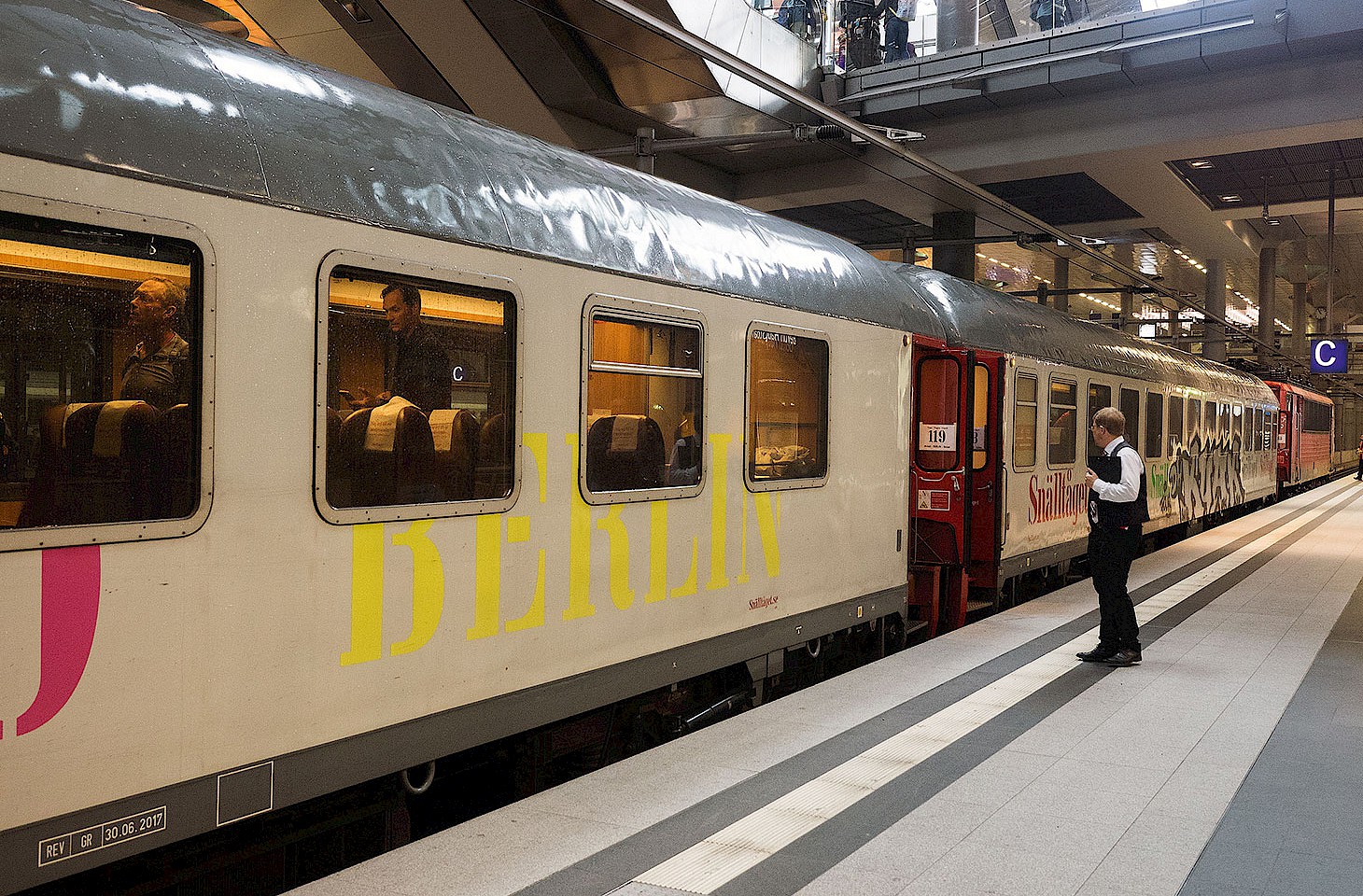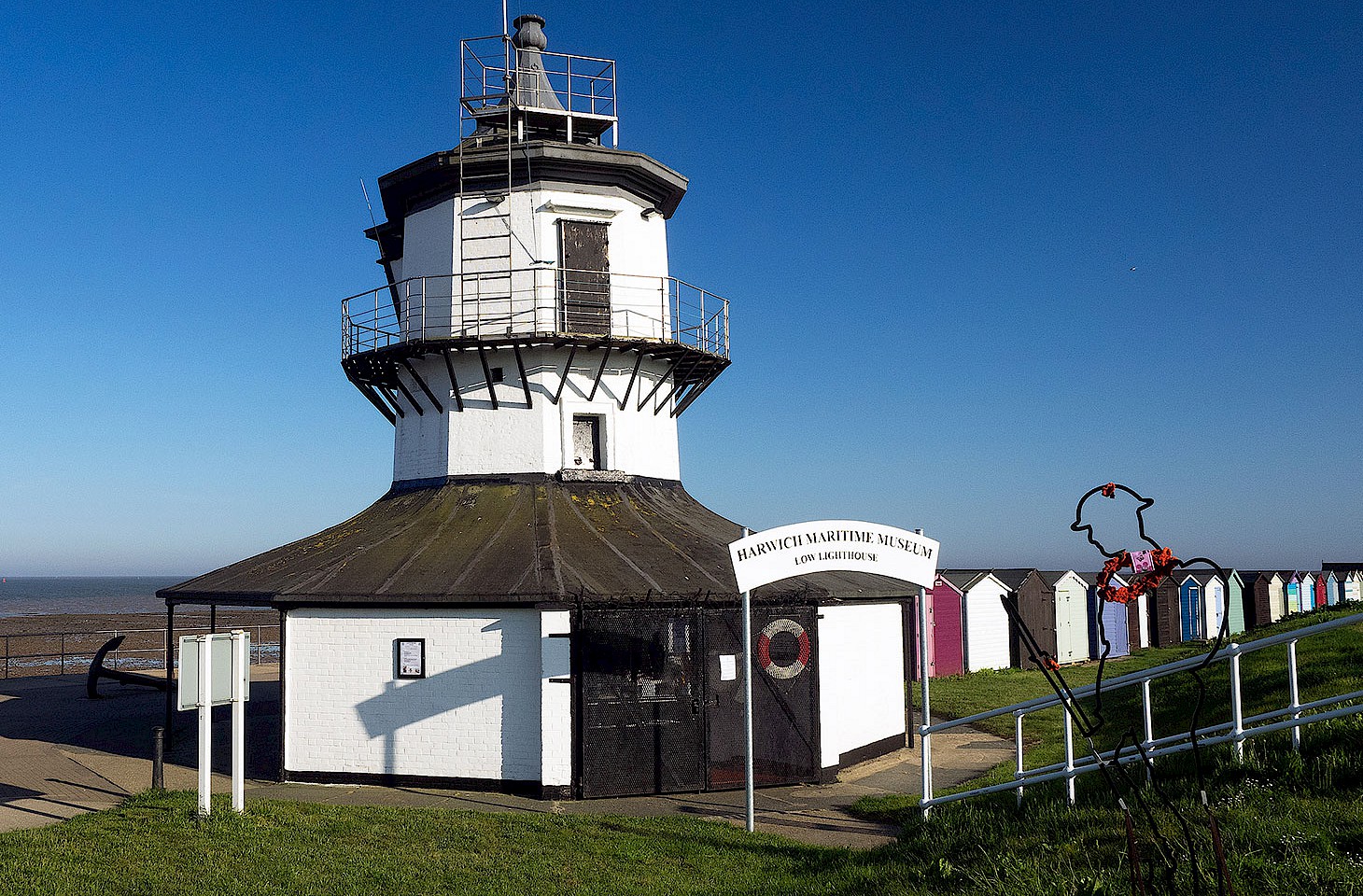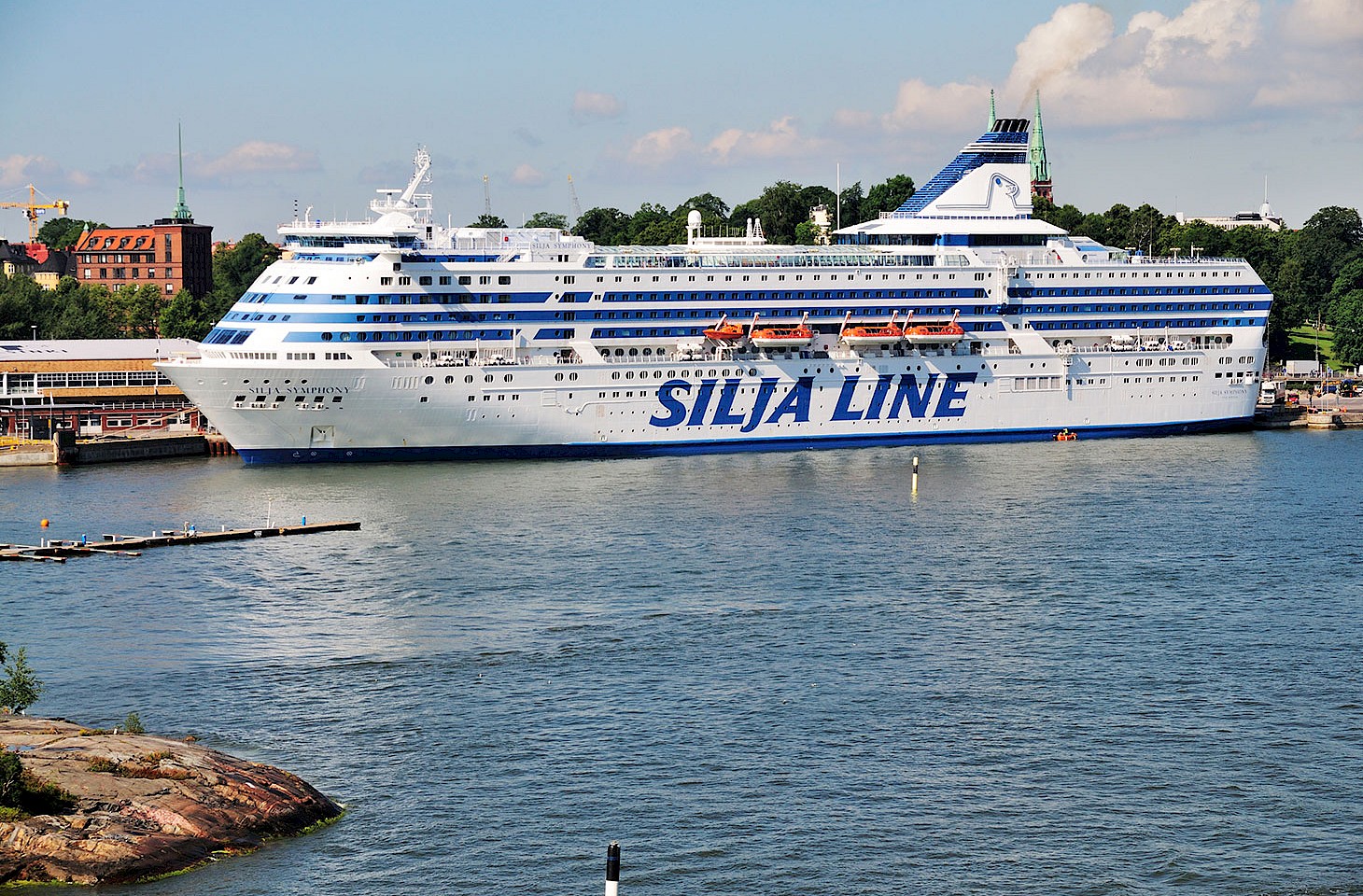Dear fellow travellers
At three o'clock this afternoon in pale winter sunshine, a white tourist sightseeing boat, all glitz and glass, edged away from the quayside just a stone's throw from the newly restored Frauenkirche in Dresden. The August der Starke (August the Strong) moved into midstream and the couple of hundred passengers aboard settled down to an orgy of coffee and cake. For each of the women aboard, there is a complimentary long stemmed red rose, lending a hint of colour amid a Saxony landscape that is still largely frozen in winter's white demeanour. Fortunately, in a region where most of the lakes and rivers are still choked with ice, the fast flowing Elbe is easily navigable. Winter boat trips on the Elbe are not the norm, but the eighth day of March is no normal day. As International Women's Day, it is a day on which women's achievements are feted. In Russia it is a national holiday. In industrious Germany, it has never been a public holiday, even in the days of the German Democratic Republic, but the eastern part of the country in particular has not forgotten this March day when rose prices rocket, restaurant tables are scarce, and those with the time and the money take an afternoon off for an Elbe boat trip.
While Saxony's womenfolk were treated to coffee and cake afloat, indulgence of another kind was evident in the industrial city of Perm, just west of Russia's Ural mountains. Light snow fell this afternoon on the thousands of couples gathered in Perm's main square in pursuit of a remarkable record. For Perm, famous until now only as the town where Boris Pasternak wrote Doctor Zhivago, is marking this International Women's Day by trying to get a place in the Guinness Book of Records for the largest simultaneous number of couples kissing in one place.
Elsewhere in Russia, there are many women for whom this day of festivities is laced with bitterness. This is a country where the number of women greatly exceeds the number of men, and yet women are often invisible in Russian society. They may be the ones who keep families together in the rural regions where their menfolk have long since succumbed to alcohol, but, when it comes to government, women take a back seat. Less than ten per cent of the members of the State Duma are women. The energetic governor of St Petersburg, Valentina Ivanovna Matvienko, is the sole female governor of any Russian city or region. Unsuccessful when she first stood for the governorship in 2000, Matvienko ran again in 2003 and secured the leadership of Russia's cultural capital.
Some of the former Soviet republics have a more ambiguous relationship with International Women's Day. It is no longer a public holiday in Armenia and Estonia, for example, though in both countries men still use the moment to indulge their wives, girlfriends and female co-workers. But in Azerbaijan, Ukraine and Turkmenistan today is a public holiday, even if the celebrations no longer have the political edge that they did in Soviet times. In Turkmenistan, women each receive a small gift that allegedly comes from the President.
For many women across central and eastern Europe today, there will be no roses, and no sign of the lavish cakes served on the boat on the Elbe. A snowdrop, narcissus or a tulip perhaps - if they are lucky. Flowers seem to be more important nowadays on International Women's Day than furthering the cause of sisterly solidarity. The myths about the origins of International Women's Day are many and varied, but all concur that feminist militancy was the touchstone. For Russians, it started with Russian women striking for bread and peace on 23 February 1917 - a date in the Russian Julian calendar that coincided with 8 March in the Gregorian calendar that is generally used today. Germans look to Clara Zetkin as having set the ball rolling, whilst Americans often cite the textile workers' strike in New York City in March 1857. Whatever the tale that is told, it is a day with sound socialist credentials. More than just a matter of cake and roses!
Nicky Gardner and Susanne Kries
(editors, hidden europe magazine)




